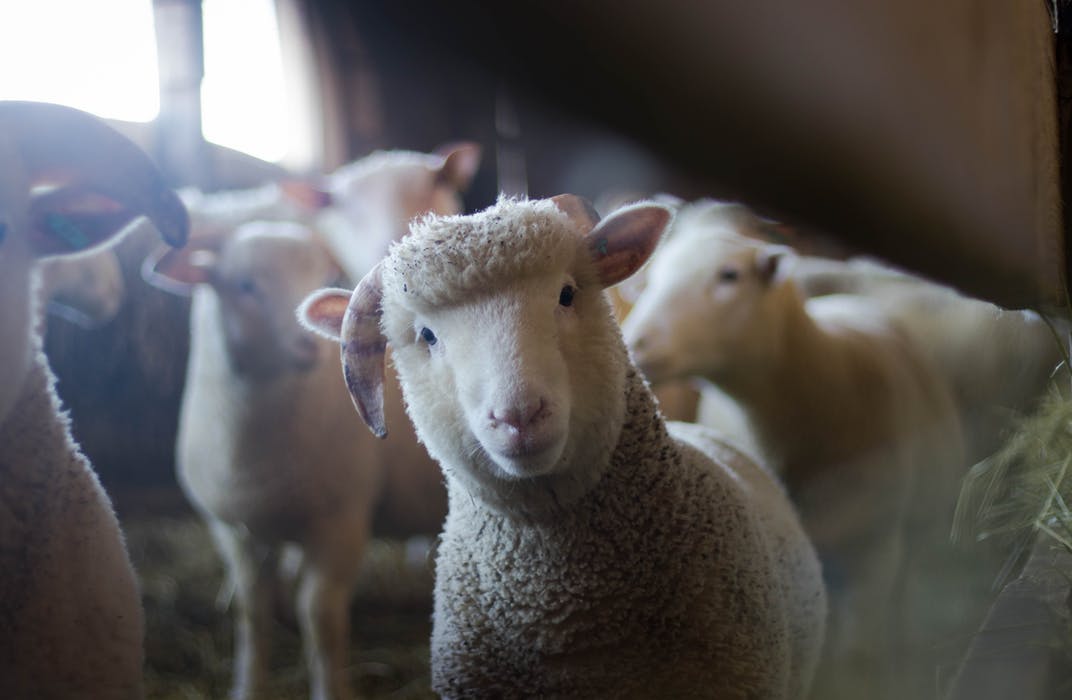
You’ve been working on your farm for quite some time now, and things are going pretty well. Now, it’s time to start thinking about expanding a bit. There are plenty of factors to consider when it comes time to decide what you want to raise. You have to take into consideration how much it’s going to cost to feed them, how much time it’s going to require to care for them, and what the benefits to you and your farm are going to be. Take a look at these four species and see if they are the right fit for you.
Chickens
Chickens are often a good choice, especially for beginners. They are multi-purpose animals, so there are different ways that you can use them. They lay eggs, make fertilizer, and also provide meat when it’s time. They need only about 4-square feet of space per hen in an appropriate chicken coop. You have to keep up with collecting the eggs and give them a dry place to live. They need fresh water often, and you have to provide them with food, but they will eat just about anything. Chickens are susceptible to illness, so be aware if one gets sick, they probably all will.
Pigs
Poor pigs have a bad name for being smelly and messy. They are very clean. If you can free range them, you aren’t going to spend as much on food. If you can’t, there are other options. At Great Plains Processing, you can get all the custom spray drying and blending of food necessary to keep all of your animals healthy, including your pigs. You should have a pen with some sturdy fencing because they are powerful animals. They provide you with a lot of meat though, and they are relatively simple to care for.
Horses
Horses aren’t going to provide you with much as far as food, but they can do a lot for entertainment value. They are also suitable for pulling and other jobs that you might have. They are expensive to raise though, and they are a lot of work. While having a horse is fun, you might want to think about waiting until your farm is a little more established before you get one.
Cattle
You have to have a ton of room available if you want to get cattle. They are huge animals, and they need the room to move around. For every one you get, you should have an acre of land for them to graze. So, if you want 20, you need at least 20 acres of property. You should have a large barn to keep them when temperatures dip or storms come around.





Leave a Comment